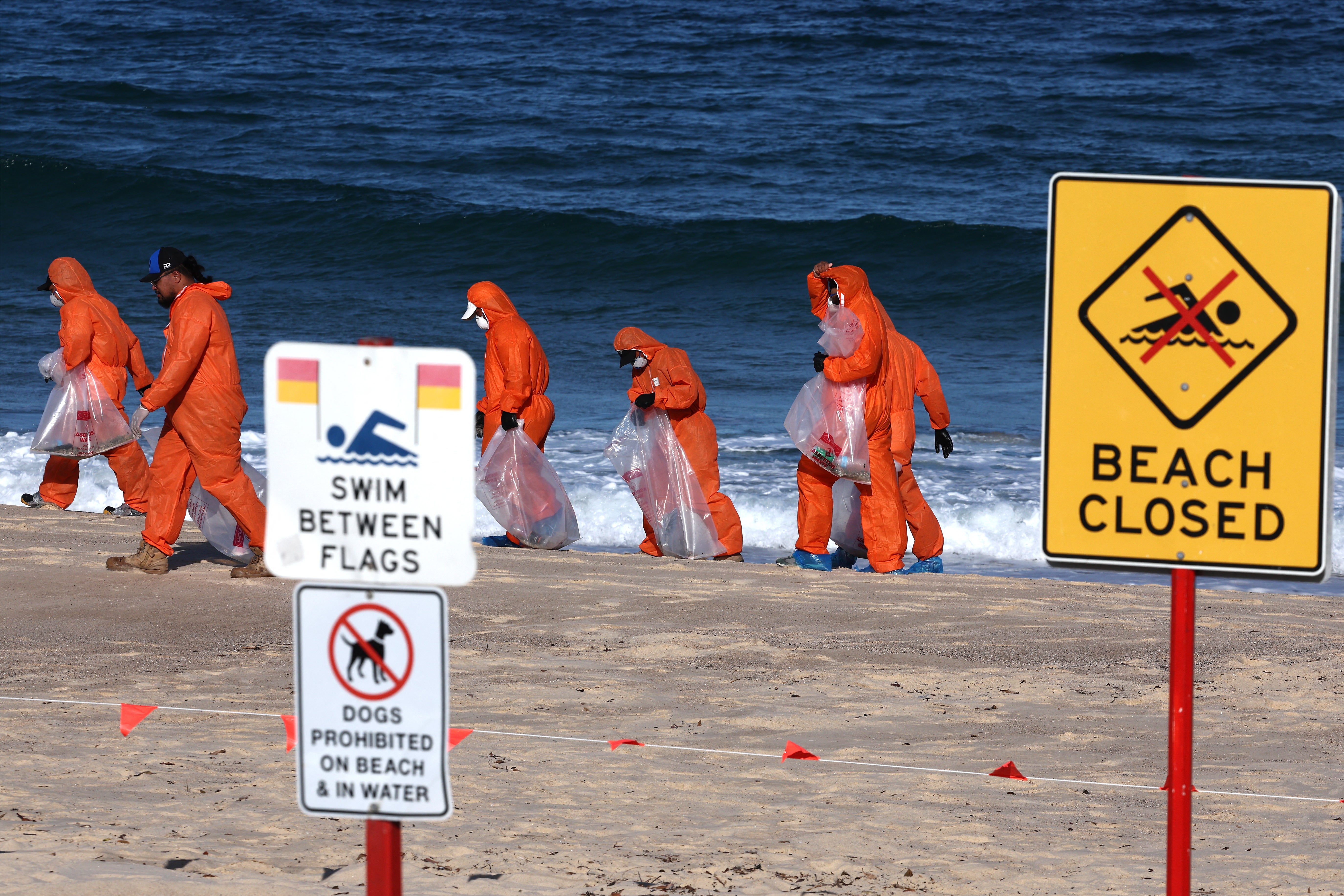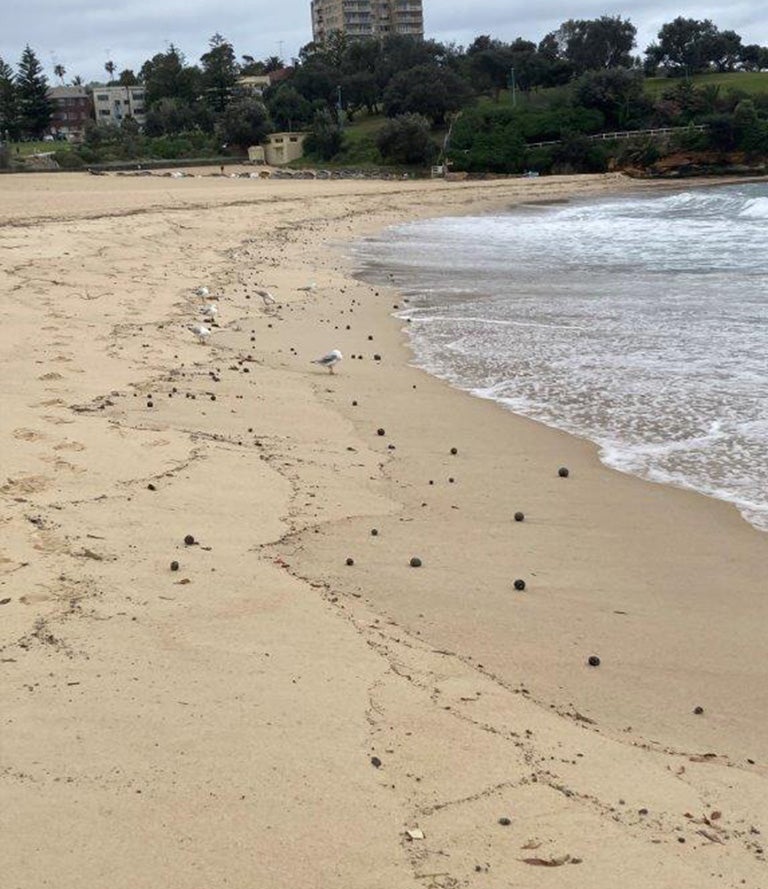Origin of mysterious black balls washed up on beaches revealed - and it’s disgusting
Assessment reveals where strange blobs were created
Your support helps us to tell the story
From reproductive rights to climate change to Big Tech, The Independent is on the ground when the story is developing. Whether it's investigating the financials of Elon Musk's pro-Trump PAC or producing our latest documentary, 'The A Word', which shines a light on the American women fighting for reproductive rights, we know how important it is to parse out the facts from the messaging.
At such a critical moment in US history, we need reporters on the ground. Your donation allows us to keep sending journalists to speak to both sides of the story.
The Independent is trusted by Americans across the entire political spectrum. And unlike many other quality news outlets, we choose not to lock Americans out of our reporting and analysis with paywalls. We believe quality journalism should be available to everyone, paid for by those who can afford it.
Your support makes all the difference.Black blobs that washed ashore in Sydney last month are likely fat aggregates containing human faeces, forever chemicals, and methamphetamine, a new analysis revealed.
Hundreds of mysterious “tar balls” about the size of golf balls washed up on Sydney’s beaches in mid-October, prompting their closure for days for cleanup operations.
The black spheres were collected in plastic bags by workers wearing hazmat suits and sent for testing.
Initial analysis suggested they were likely tar balls from an oil spill containing unrefined oil and debris that was “not extremely toxic” to humans.
A new lab assessment presents a more complicated, and disgusting, picture.

Scientists at the University of New South Wales say the blobs are mostly carbon but not majorly of fossil fuel origin. They used a common lab technique called spectroscopy to find that the balls contain “human waste”, mainly fats, oils as well as greasy molecules usually found in soap scum, cooking oil and food sources.
A more specific test called mass spectrometry revealed organic molecules like fatty acids and glycerides as well as “vehicle-grade fuels”, the researchers explain in The Conversation.
They also found traces of toxic industrial chemicals like perfluoroalkyl substances – also known as “forever chemicals” because they persist in the environment for years without breaking down – pesticides, steroidal compounds like norgestrel, veterinary drugs, and medications to treat hypertension like losartan.
In addition, the scientists found traces of human faecal waste containing cholesterol molecules and recreational drugs such as methamphetamine and tetrahydrocannabinol from cannabis.

Given this composition of the blobs, the researchers suspect they likely came from domestic sewage and industrial runoff. The latest analysis, however, could not “definitively confirm their exact origin” of the balls.
“This uncertainty reflects the broader challenges faced by scientists and environmental agencies in tracking and addressing pollution in coastal areas,” researchers said.
The incident highlights the need to address the build-up of fat, oil and grease, or FOG, in sewers, the scientists say. “Disposal of used cooking oil in households and FSE sinks results in the formation of highly adhesive and viscous FOG deposits,” scientists at the RMIT University in Melbourne noted in a study last year.

Join our commenting forum
Join thought-provoking conversations, follow other Independent readers and see their replies
Comments